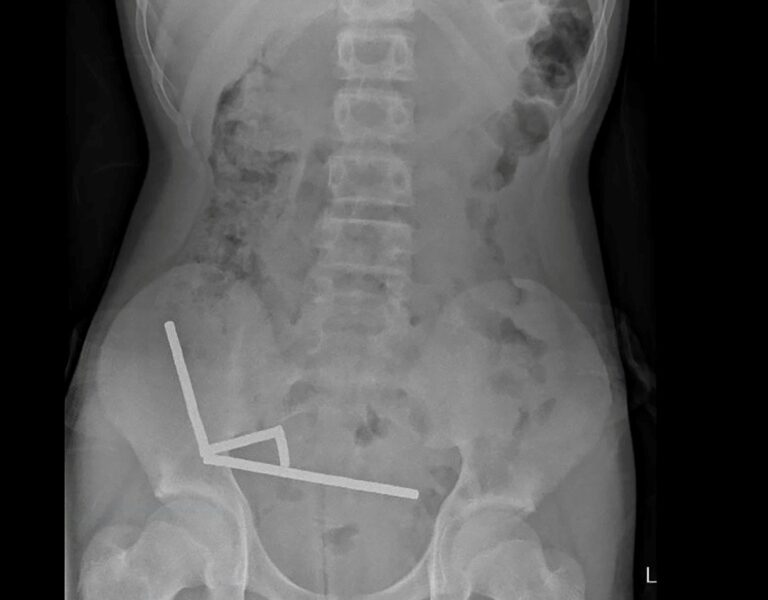Approximately half to three-quarters of expectant mothers experience pain during pregnancy, often leaving them untreated. This situation contributes to unnecessary suffering and potential health risks for both mothers and their unborn children. Many women hesitate to seek medications or treatments due to concerns about safety, unaware of the long-term consequences that untreated pain can impose.
Several types of pain are common during pregnancy, including back pain and headaches. While some mothers dismiss these ailments as temporary discomfort, the reality is that for many, the pain can persist long after childbirth. Research indicates that such discomfort may evolve into chronic conditions that affect overall well-being.
Understanding Pregnancy-Related Pain
The physiological changes during pregnancy—such as hormonal adjustments and the loosening of pelvic joints—can lead to significant discomfort. The weight of the developing fetus can strain the spine, often resulting in a condition known as lordosis, which additionally exacerbates back and pelvic pain, especially in the third trimester.
Despite the prevalence of pain among pregnant women, a meta-analysis revealed that more than 50% of mothers reporting pain received little to no treatment from healthcare providers. Current treatment options are limited, with many expecting mothers relying on medications like Tylenol, which is effective for mild pain but insufficient for moderate to severe discomfort. Furthermore, alternative treatments, including physical therapy, chiropractic adjustments, and exercise, may not be easily accessible or covered by insurance, leaving many mothers without effective relief.
The Consequences of Untreated Pain
When mothers report pain, they are often advised to rest or take over-the-counter medications, which fail to address the needs of those who must balance work and family responsibilities. Many mothers feel compelled to push through their discomfort, which can lead to feelings of guilt and inadequacy as they struggle to meet expectations from family and employers.
Research conducted by nursing professionals indicates that approximately 44% of women with severe pain report experiencing moderate to severe depressive symptoms during the third trimester. Untreated pain can contribute to a cycle of helplessness and hopelessness, with implications that may extend beyond mental health. In extreme cases, untreated depression can lead to suicide, accounting for 5% to 20% of maternal deaths in the United States.
Additionally, the use of opioid pain relievers during pregnancy raises concerns. One in five women with pain reports misusing prescribed medications, leading to an increased risk of newborns experiencing withdrawal symptoms. The growing prevalence of neonatal opioid withdrawal syndrome is alarming, costing the U.S. over US$462 million annually.
Improving pain management during pregnancy is essential, especially as suicide and drug overdoses are now among the leading causes of death in the year following childbirth.
Encouraging Open Communication
Addressing pregnancy pain effectively begins with open dialogue between mothers and healthcare providers. Encouraging mothers to express their concerns and ask about treatment options is crucial. Studies show that women who communicate their pain experiences are more likely to receive appropriate care.
Mothers should feel empowered to engage in discussions about their pain, including how it affects their daily lives. Sharing specific details about the nature, frequency, and intensity of pain can help providers understand the situation better. If the initial responses to treatment are inadequate, mothers should advocate for further consultations or referrals to specialists who can provide additional perspectives.
It is also recommended that mothers bring along supportive family members to medical appointments, ensuring that their experiences are understood and validated. If dismissive attitudes are encountered, seeking alternative support networks can offer the encouragement needed to advocate for one’s health.
The journey through pregnancy is challenging, and addressing pain seriously can significantly impact the quality of life for mothers. Relief is attainable when healthcare professionals and families recognize the importance of effective pain management rather than minimizing it as an unavoidable aspect of pregnancy.







